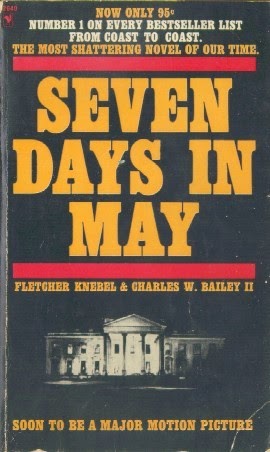Glory to the Voice that became a Body,
and to the Word of the Most High, which became Flesh!
Hear Him alos, O ears, and see Him, O eyes,
and feel Him, O hands, and eat Him, O mouth!
You limbs and senses, give praise to Him,
Who came and gave life to the whole body!
Mary bore the silent baby,
while in Him were hidden all tongues!
Joseph bore Him, and in Him was hidden
a nature more ancient than anything old!
The Most High became like a little child,
and in Him was hidden a treasure
of wisdom sufficing for all!
Though He was Most High, he sucked milk from Mary,
and of His goodness all creatures suck!
He is the Breast of Life, and the Breath of Life;
the dead suck from His life and revive.
Without the breath of the air no man lives,
without the Might of the Son no man subsists.
On His living breath that gives life to all,
depend the spirits that are above
and all that are beneath.
When He sucked the milk of Mary,
He was suckling all with Life.
While He was lying upon His Mother’s breast,
in His bosom were all creatures lying.
He was silent as a baby, and yet He was making
His creatures carry out His every command.
For without the Firstborn no man can approach
unto the Essence, to which He is equal.
For thirty years He was on the earth,
who was ordering all creatures,
and receiving the offerings of praise
from those above and those below.
He was wholly in the depths and wholly in the highest!
He was wholly with all things and wholly with each.
While His body was forming within the womb,
His power was fashioning all members!
While conceived, the Son was fashioned in the womb,
Yet He Himself was fashioning babes in the womb.
Yet not as His body was weak in the womb
was His power weak in the womb!
And not has His body was feeble on the cross
was His might also feeble on the cross …
While on the cross He gave life to the dead,
so while a Babe He was fashioning babes.
While He was slain, He opened the graves;
while He was in the womb, He opened wombs.
Come hear, my brothers,
of the Son of the hidden One,
who was revealed in His body,
while His power was concealed! …
It was by power from Him that Mary was able
to bear in her bosom who bears all things up! …
She gave Him milk from Himself who prepared it,
she gave Him food from Himself who made it!
He gave milk to Mary as God,
and He sucked it from her, as the Son of Man …
He the Lord of all gives all to us.
He who pays riches to all asks interest from all.
He gives to all things as wanting nothing,
and yet requires interest of all as if needy.
He gave us herds and flocks as Creator,
yet asked of us sacrifices as though in need.
He was the water wine as Maker,
and yet he drank of it as a poor man.
Of His own He mingled wine in the marriage feast,
His wine He mingled and gave to drink when He was a guest …
Of His own all that give have made their vows;
of His own treasures they placed upon His table.
- St. Ephrem of Syria
(died 373 A.D.)






















